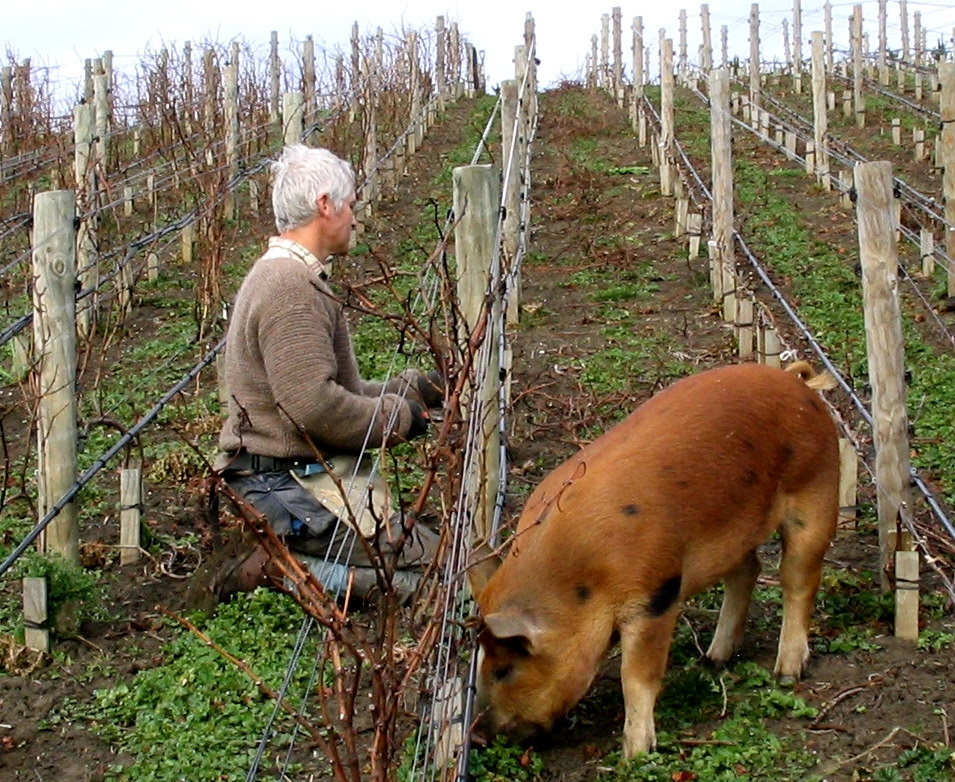Organic winegrowers cooperate with nature. No synthetic chemical fertilisers, pesticides, or herbicides are used.

Instead, organic producers work with ecological processes and naturally derived products.
Healthy soils and vines, nurtured without synthetic chemicals, give rise to wines that support the health of vineyard workers, consumers and the land itself. As a result of this care, organic wineries produce many of the most highly reputed wines in New Zealand.
Learn more about organic winegrowers' ecological practices.
The International Federation of Organic Agriculture Movements (IFOAM) defines organic agriculture as follows:
Organic agriculture is a production system that sustains the health of soils, ecosystems and people.
Organic wine production relies on ecological processes, biodiversity and cycles adapted to local conditions, rather than the use of inputs with adverse effects.
Organic agriculture combines tradition, innovation and science to benefit the shared environment and promote fair relationships and a good quality of life for all involved.
What is biodynamic production?
Biodynamic growers follow the same standard practices as organic growers, with a deeper focus on understanding and managing the vineyard as a holistic organism. Biodynamic methods include the use of special plant, animal and mineral preparations.
Organic Certification
All certified organic and biodynamic producers must pass annual audits to ensure compliance with international organic standards. Growers must adhere to organic methods for three years before attaining full certification.
Organic certifiers in New Zealand:
Organics in New Zealand
- Organic Winegrowers New Zealand (OWNZ) is a grower-led organisation dedicated to supporting organic winegrowing in New Zealand.
- Organics Aotearoa New Zealand (OANZ) is the unified voice of the organic sector, providing leadership, coordination and advocacy for the New Zealand organic industry. Organic Winegrowers New Zealand is an OANZ member.
- The Soil & Health Association is the largest membership organisation supporting organic food and farming in New Zealand.
- The Bio Dynamic Farming and Gardening Association promotes biodynamics in New Zealand.



